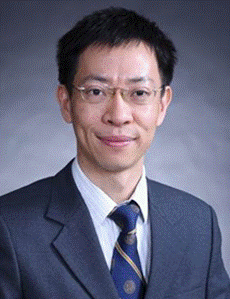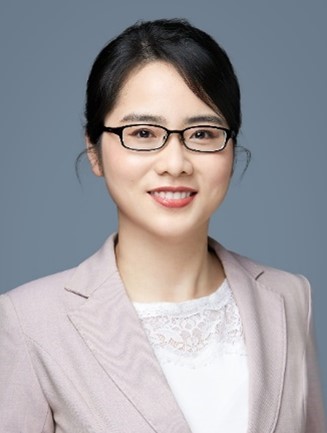Recently, the co-authored paper"Standard Setting, Quality Signals, and Export Growth"by Professor Yu Miaojie, President of Liaoning University and Fellow of the International Economic Association, along with Cui Xiaomin, Associate Researcher at the Institute of World Economics and Politics, Chinese Academy of Social Sciences, and Gao Kailin, Lecturer at the School of International Trade and Economics, University of International Business and Economics, has been accepted for publication byChina Economic Quarterly.
Author Profiles:

Yu Miaojie:A Fellow of the International Economic Association, Distinguished Changjiang Scholar, and recipient of the National Science Fund for Distinguished Young Scholars. He serves as a delegate to the 14th National People’s Congress, a member of the Standing Committee of the Liaoning Provincial People’s Congress, a Special Supervisor of the National Supervisory Commission, Vice Chairman of the Liaoning Provincial Association for Discipline Inspection and Supervision, and Deputy Secretary of the Party Committee and President of Liaoning University. He is a globally recognized economist in the top 1% of highly cited researchers in management and economics and the only Chinese scholar to date to receive the "Royal Economic Society Prize."
Prof. Yu has also held various academic and advisory roles, including the first Youth Changjiang Scholar (2015), Boya Distinguished Professor at Peking University, and economic policy advisor to the Ministry of Commerce and Ministry of Finance. He is an honorary professor at Irkutsk State University in Russia and serves as an advisor to numerous international and national organizations, including the United Nations. His research focuses on international trade and China's economic development, with nearly 200 papers published in leading journals such asEconomic Journal,Review of Economics & Statistics,Journal of International Economics,Journal of Development Economics, and top Chinese journals likeEconomic Research JournalandManagement World.
He has authored 32 monographs and textbooks in Chinese, English, and German and is the deputy editor of theEconomic JournalandReview of International Economics. His contributions have been widely recognized, earning him accolades such as the Ministry of Education’s Outstanding Achievement Award in Philosophy and Social Sciences (three times), the Wu Yuzhang Humanities and Social Sciences Award, and the Zhang Peigang Development Economics Award. Notably, Prof. Yu’s bookProcessing Trade and Firm Productivityreceived the Liu Shibai Economics Prize and other national-level honors.
In 2024, he represented China’s youth delegation to the Russian Federation Parliament. Previously, he was personally received by President Xi Jinping as an outstanding young scholar during Peking University’s 120th anniversary celebrations.

Cui Xiaomin:Associate Researcher at the Institute of World Economics and Politics, Chinese Academy of Social Sciences, and Deputy Editor ofInternational Economic Review. She holds a Ph.D. in Economics from Peking University, with research focusing on international trade and global value chains. She has published over 20 papers in journals such as theEconomic Journal,China Economic Quarterly,The World Economy, andJournal of Financial Research. Dr. Cui has received prestigious awards, including the 2022 CASS Youth Economics Outstanding Paper Award and the “2018 China Economics Excellent Doctoral Dissertation Award.”

Gao Kailin:Lecturer at the School of International Trade and Economics, University of International Business and Economics, and a Ph.D. in Economics from Peking University. Her research interests include international trade and the digital economy, with works published inEconomic Research Journal,Management World,China Economic Quarterly, andChina & World Economy. She has led research projects funded by the National Natural Science Foundation of China, and her work was recognized in theWorld Economic Yearbook’s Top 10 Best Chinese Papers on International Investment in 2021.
Abstract of the Paper:
Standards are a key component of a nation’s foundational institutions. This paper constructs a heterogeneous firm model that links firms’ participation in standard setting with export growth. Using data on China’s standards from 1998–2013, industrial firms above a designated size, and trade data, the study examines the impact of standard setting on participants’ export growth and its underlying mechanisms.
The findings reveal that participation in standard setting has a persistent and significant positive impact on export growth for 1–3 years, with the most prominent effect occurring in the same year. On average, firms that participated in standard setting experienced 8.6% higher export growth compared to non-participants. Participation in standard setting helps firms signal quality, with varying impacts across trade partners and product types.
For full access to the paper, please click here: [Standard Setting, Quality Signals, and Export Growth].
